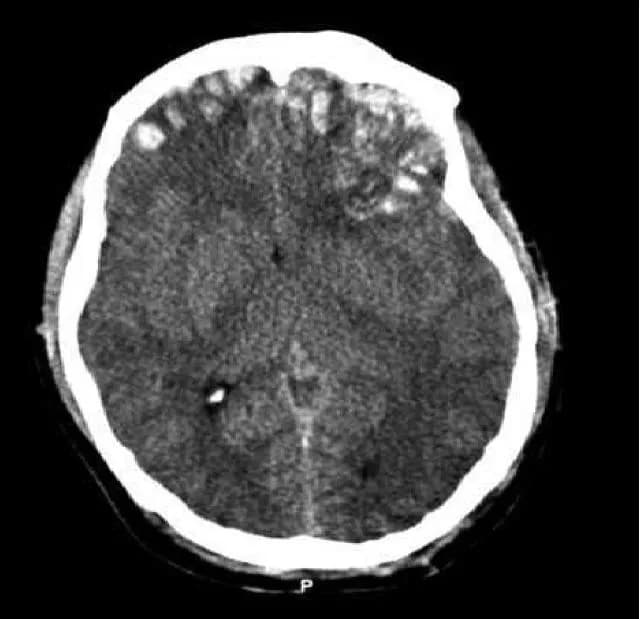
Brain Imaging Reveals ADHD As A Collection Of Different Disorders
Researchers have found that patients with different types of attention-deficit/hyperactivity disorder (ADHD) have impairments in unique brain systems, indicating that there may not be a one-size-fits-all explanation for the cause of the disorder. Based on performance on behavioral tests, adolescents with ADHD fit into one of three subgroups, where each group demonstrated distinct impairments in the brain with no common abnormalities between them.
The study, published in Biological Psychiatry: Cognitive Neuroscience and Neuroimaging, has the potential to radically reframe how researchers think about ADHD. "This study found evidence that clearly supports the idea that ADHD-diagnosed adolescents are not all the same neurobiologically," said first author Dr. Michael Stevens, of the Olin Neuropsychiatry Research Center, Hartford, CT, and Yale University. Rather than a single disorder with small variations, the findings suggest that the diagnosis instead encompasses a "constellation" of different types of ADHD in which the brain functions in completely different ways.
The researchers tested 117 adolescents with ADHD to assess different types of impulsive behavior -- a typical feature of ADHD. Three distinct groups emerged based on the participants' performance. One group demonstrated impulsive motor responses during fast-moving visual tasks (a measure of executive function), one group showed a preference for immediate reward, and the third group performed relatively normal on both tasks, compared to 134 non-ADHD adolescents.
"These three ADHD subgroups were otherwise clinically indistinguishable for the most part," said Dr. Stevens. "Without the specialized cognitive testing, a clinician would have had no way to tell apart the ADHD patients in one subgroup versus another." Dr. Stevens and colleagues then used functional magnetic resonance imaging (fMRI), a technique that allows researchers to make connections between behavior and brain function, to investigate how these different impulsivity-related test profiles related to brain dysfunction.
"Far from having a core ADHD profile of brain dysfunction, there was not a single fMRI-measured abnormality that could be found in all three ADHD subgroups," said Dr. Stevens. Instead, each subgroup had dysfunction in different brain regions related to their specific type of behavioral impairment.
"The results of this study highlight that there are different neural systems related to executive functions and reward processing that may contribute independently to the development of ADHD symptoms," said Dr. Cameron Carter, Editor of Biological Psychiatry: Cognitive Neuroscience and Neuroimaging.
It will take more research to prove that ADHD is a collection of different disorders, but this study provides a big step in that direction. "Ultimately, by being open to the idea that psychiatric disorders like ADHD might be caused by more than one factor, it might be possible to advance our understanding of causes and treatments more rapidly," said Dr. Stevens.
According to Dr. Carter, the findings suggest that future approaches using clinical assessments to identify the specific type of brain dysfunction contributing to a patient's symptoms may allow a more targeted approach to treatment. For example, medications that may not appear to work well in a group of ADHD patients as a whole, may be effective for one particular subgroup that arises from a specific causal pathway.
Materials provided by Elsevier. Note: Content may be edited for style and length.
Disclaimer: DoveMed is not responsible for the accuracy of the adapted version of news releases posted to DoveMed by contributing universities and institutions.
References:
Michael C. Stevens, Godfrey D. Pearlson, Vince D. Calhoun, Katie L. Bessette. (2017). Functional Neuroimaging Evidence for Distinct Neurobiological Pathways in Attention-Deficit/Hyperactivity Disorder. Biological Psychiatry: Cognitive Neuroscience and Neuroimaging. DOI: 10.1016/j.bpsc.2017.09.005
Related Articles
Test Your Knowledge
Asked by users
Related Centers
Related Specialties
Related Physicians
Related Procedures
Related Resources
Join DoveHubs
and connect with fellow professionals

0 Comments
Please log in to post a comment.